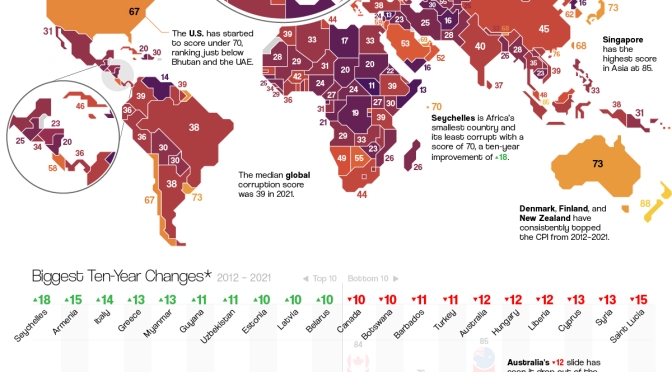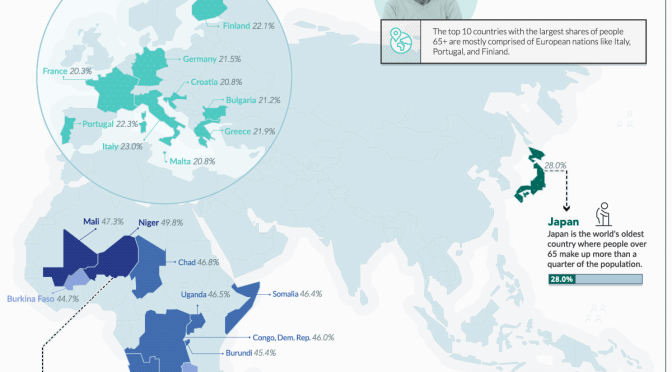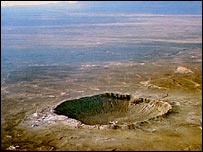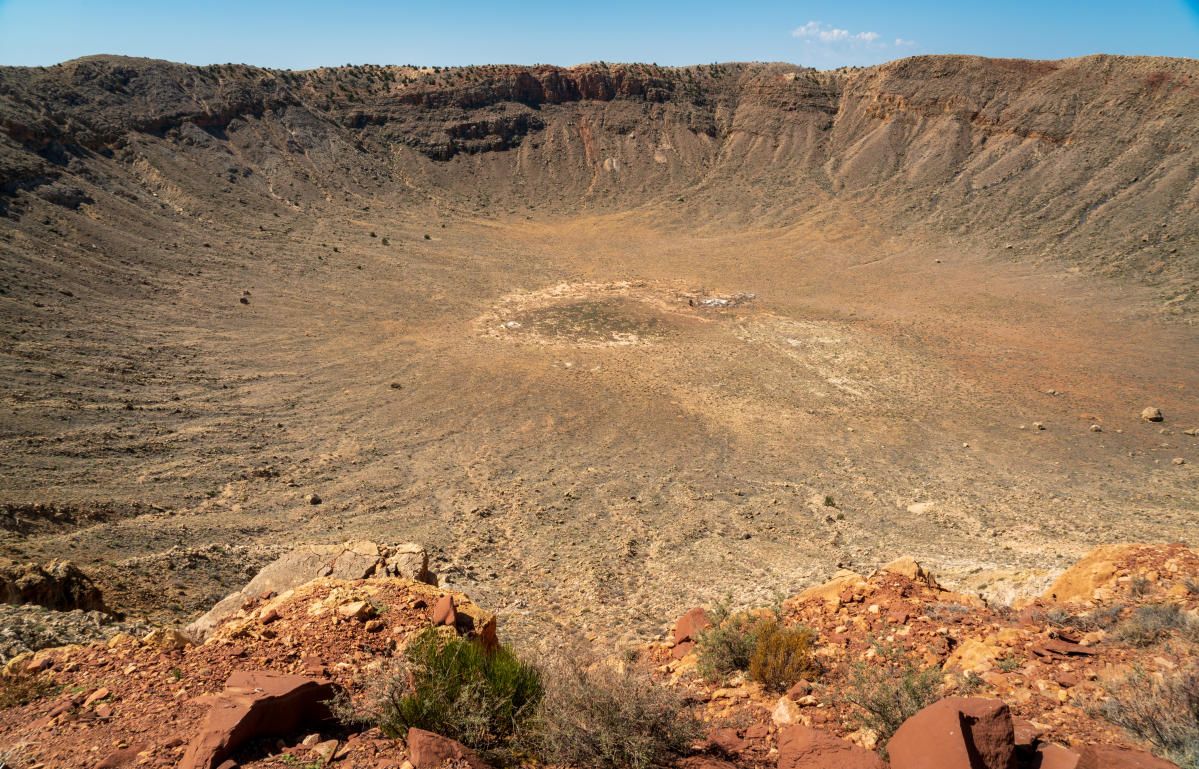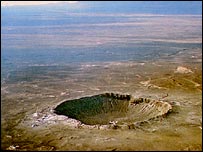The combination of external actors has made the Horn the most militarized and complex security region, housing the largest number of foreign military bases in the world. The massive presence of six foreign military bases in Djibouti, and more in Sudan, Somalia and Somaliland, underlines the strategic importance of the Horn. Dawit W. Giorgis, a visiting scholar at the African Studies Centre at Boston University.

Horn Of Africa Is The Most Militarized Region On Earth
The Horn of Africa is witnessing far-reaching changes in its external security relations. It is simultaneously experiencing an increase in the build-up of foreign military forces – on land and at sea – and a broadening of the security agendas pursued by these external actors.
The combination of these factors has made the Horn the most militarized and complex security region, housing the largest number of foreign military bases in the world. Though Egypt and Yemen are not in the Greater Horn, they are however part of the security complex of the Red Sea arena. It is known as the “choke point,” because much of the world’s commerce goes through this maritime route. At one point, when Somali pirates ruled the sea, the area was identified as the most dangerous naval zone in the world, notoriety now claimed by the Gulf of Guinea.
Those who control the Horn of Africa control a significant chunk of the world’s economies. The massive presence of six foreign military bases in Djibouti, and more in Sudan, Somalia and Somaliland, underlines the strategic importance of the Horn.
This situation would have inspired or forced the countries of the Horn to be more united and have common strategic and security policies. Each of these forces has a stake in the development of events in the Horn and an agenda that puts their interests at the forefront.However, there are notable rivalries between the countries of the Horn of Africa, which has not enabled the forging of the necessary harmony in their relationships.
Eritrea and Djibouti have not put their border conflict of 2007 behind them. However, they agreed to normalize their relationship two years ago, although Djibouti still considers Eritrea an enemy, considering a recent statement in relations to the prosecution of a pilot that allegedly tried to run away to an “enemy” territory.But a conference call between the Intergovernmental Authority on Development (IGAD) and East African countries on March 30, 2020, was made to forge a regional plan to combat the Novel Coronavirus pandemic.
Four presidents from Somalia, Uganda, Kenya and Djibouti were joined by the prime ministers of Ethiopia and Sudan and the first vice-president of South Sudan. Eritrea did not participate, because its membership has not yet been regularized since it left IGAD in 2007.
This is while Kenya-Somalia relations have escalated in the last few years. It stems from the security concern related to the terror group Al-Shabaab and the maritime border dispute between the two states.
The terror group has been continuously launching attacks across the border at Kenyan military outposts and against civilians in the area.The maritime boundary dispute between Nairobi and Mogadishu further complicates the relationship between the two. Somalia instituted proceedings against Kenya before the International Court of Justice (ICJ) about their maritime boundary in the Indian Ocean, on August 28, 2014. The International Court of Justice (ICJ) has approved a request by Kenya to delay the public hearing of its maritime boundary case with Somalia.
The case is still pending.Taking the matter further, Kenya has started negotiating the withdrawal of its forces the African Union Mission to Somalia (AMISOM) by 2021, making Ethiopia carry the bulk of troop contributions of the five countries that will remain.
These are bad signals of souring relationships, which can contribute to the overall destabilization of the fragile region.Neither are Ethiopia and Sudan on the best of terms. The borders between the two countries are the scene of occasional fighting, with recent skirmishes having turned deadly. It is unnecessary and preventable incidents that only add to the burden of stress the two countries have on their very sensitive and fragile relationship.“It is not clear exactly what triggered a flare-up of this long-standing border dispute,” stated the International Crisis Group (ICG). “Sources suggest that Sudanese security forces may have responded to incursions by Ethiopian troops.”Sudan is in the unique position of being a member of the Arab League, which makes it close to Egypt, but a generally close ally of Ethiopia as well. It has to play high stakes diplomacy not to be seen as siding with either.
Despite enormous pressure from Egypt and the United States, Sudan has held its ground. The bold and calculated decision manifested this in voting against other members of the Arab League on the Grand Ethiopian Renaissance Dam (GERD).Sudan expressed “reservations” that the resolution does not serve its interests and might lead to confrontations between the Arab League countries and Ethiopia. This support of Sudan should not be taken for granted though. Last week, Sudan called for the United Nations Security Council`s intervention regarding Ethiopia’s plan to fill the Dam.“While acknowledging Ethiopia’s right to utilize its natural resources, Sudan has stressed the need for consultation and cooperation among the three countries to avoid the harm lower stream countries could suffer as a result of Ethiopia’s activities,” read Sudan’s memorandum to the Security Council.Concerning the GERD, Sudan highlighted the benefits and threats that could follow the construction. It acknowledged the benefits the Dam could have in helping manage periodic flooding and in raising Sudan’s capacity to generate electric power.“On the other hand, Sudan claimed that the construction of the Dam could change the flow line of the river and that it could affect Sudanese citizens negatively if the design, construction and filling works are not followed daily and closely.”This should be of great concern to Ethiopia, especially considering that a new regional organization with suspect motives – Council of Arab and African States Bordering the Red Sea and the Gulf of Aden (CAASBRSGA) – has already been established on January 6, 2020. Although Egypt first initiated the idea, it was later taken over by Saudi Arabia.Its members are the coastal states of the Red Sea, including Egypt, Jordan, Saudi Arabia, Yemen (the internationally recognized government), Sudan, Eritrea, Djibouti and Somalia.
The stated goals of this new organization are to improve cooperation and coordination among the members in matters related to politics, economy, culture, the environment and security. The Council is an unnecessary organization and one loaded with an Arab and Egyptian agenda. The Arab League is installing its subsidiary branch closer to home.“One of the most important issues is the one of membership. Currently, the criteria to be a member of the Council are to be a Red Sea coastal state.
This is the criterion defended by Egypt,” wrote the Middle Eastern business and financial news outlet MENAFN. “This position seeks to keep Ethiopia outside of Red Sea affairs, a position not shared by many of the members, who believe that despite its lack of access to the sea, Addis Ababa is a key player in Red Sea affairs. The reason for this absence is the litigation that Egypt and Ethiopia maintain over the construction of the Renaissance Dam in the Nile.”The stated goals of the Council include matters related to the Nile, an issue vital for Ethiopia. The strategy of Egypt and its allies is to choke Ethiopia through myriad projects. Ethiopia must vigorously fight such moves, but it does not seem that the Ethiopian government is aware of the dangers. At the same time, it flirts with the very countries that are active partners on the other side of the debate.
There has been a flurry of activities between South Sudan and Egypt as well since the crisis between Ethiopia and Egypt intensified over the GERD. Some of these activities are suspicious.
South Sudan had submitted its application in 2018, for a second time, to join the Arab League. There have also been diplomatic moves led by Egypt within the Arab League emphasizing the importance of South Sudan joining the organization, given Juba’s strategic geographical position serving as the Arab gateway to Africa.
With steadily and warmer relations with Ethiopia’s new neighbor, South Sudanese President Silva Kiir and Egyptian President Abdel-Fattah El-Sisi have exchanged visits followed by several others at ministerial levels.Bringing South Sudan into the Arab League completes the strangulation of Ethiopia by Sudan, Eritrea, Somalia, Djibouti and Eritrea.
Seen together with the Council on The Red Sea Coast, the threats directed at Ethiopia are real and severe.This is the result of the failure of Ethiopia`s diplomacy.
Its fractured unity and volatile internal security situation have resulted in establishing a fertile ground for Egypt and other extremist and hostile forces to recruit people and spread propaganda that will further destabilize the country.Ethiopian diplomacy suffered a big blow when the 23 Arab League members, except Sudan, supported the draft resolution prepared by Egypt.
This must have been a clear sign that there was little effort from Ethiopia’s side.“The draft agreement proposed by the United States and the World Bank is fair and serves the interests of the three countries,” affirmed The Arab League.Somalia and Djibouti, Ethiopia’s “close allies,” voted for it. Eritrea, an observer, said nothing.
Although its president, Isaias Afwerki, has come out as an elder statesman and mentor of Ethiopia`s Prime Minister, we have yet to see him as “a friend in need, a friend indeed.”This diplomatic spat is occurring in a region that should otherwise be banding together to address challenges that affect every member.
Besides the COVID-19 pandemic, the UN Food & Agricultural Organization (FAO) has warned East African countries about the outbreak of the desert locust, which has already placed around 20 million people in acute food insecurity in Ethiopia, Kenya, Somalia, South Sudan, Uganda and Tanzania.
Ethiopia and the region are facing three-pronged attacks: pandemics, possible famine and regional and internal security challenges. A vital organ in such a time would have been IGAD, which until 1996 was preceded by the establishment of the Inter-Governmental Authority on Drought & Development (IGADD) was initiated in the mid-1980s.This was after Djibouti, Ethiopia, Kenya, Somalia, Sudan and Uganda took action through the United Nations to establish an intergovernmental body for development and drought control in their region in 1983 and 1984.
The Assembly of Heads of State and Government met in Djibouti in January 1986 to sign the agreement, which officially launched IGADD with its headquarters in Djibouti. Eritrea became the seventh member after attaining its independence in 1993.
Then the focus was drought and food security.The recurring and severe droughts and other natural disasters in the decade beginning 1974 caused widespread famine, ecological degradation and economic hardship in the Eastern Africa region.
Although individual countries made substantial efforts to cope with the situation and received generous support from the international community, the magnitude and extent of the problem argued strongly for a regional approach to supplement national efforts.IGAD has never solved any political crisis. But it serves as a forum where leaders can meet and discuss their shared concerns.
However, IGAD can only be what its members want it to be. It can be an excellent tool if external agendas do not subvert it.
Members must first be committed to peaceful resolution through bilateral negotiations.
Creating other layers of organizations for the Horn will not help achieve any of the development, security and cooperation goals, but merely makes IGAD redundant. The regional body must be supported and reinforced to be a relevant organization. The spirit of cooperation needed here is one that President Isaias, Somalia’s Mohamed Farmajo Abdullahi and Ethiopia’s Prime Minister Abiy Ahmed (PhD) showed when they agreed on a joint plan of action for this year after the third edition of a tripartite summit in Asmara. This was in February 2020.
The alliance also adopted a new Joint Plan of Action for 2020.The plan focuses “on two main and intertwined objectives of consolidating peace, stability and security, as well as promoting economic and social development,” as Yemane Gebremeskel, Eritrea`s Information Minister, explained.“They also agreed to bolster efforts for effective regional cooperation.”On the security front, the leaders formulated a strategy to combat common threats, such as terrorism, arms and human trafficking, and drug smuggling. These efforts are leading “to some sort of Horn of Africa coalition,” even a “Cushitic Alliance,” according to the East African newspaper.Such an alliance will overlap with the mandate of IGAD.
It remains ambiguous what is in the minds of these leaders. But to an outsider, this looks like more of a problem than a solution.How can the three countries, in exclusion of Djibouti, Sudan and Kenya, forge an alliance that can bring peace to the region?Beyond the long-term ambition of Saudi Arabia and the UAE to control the Horn of Africa, the immediate goal of Egypt is to secure its interest on the Nile. Many Ethiopians are expressing their anger and showing patriotism through a rhetoric of war.
War in this politically charged, highly militarized strategic region would be destructive beyond our imagination.
If anyone “wins,” it will only be at enormous cost. Even that will be a preparation for the next round of war.The case of Egypt needs wisdom and patience.
War should be the ultimate exercise to defend the sovereignty and territorial integrity of any country. Heroes are those who prevent war and not make war.
There is an attempt to resuscitate discussions between Sudan, Ethiopia and Egypt, but tripartite talks should not be the preferred way for Ethiopia. This case is about the Nile and the rights of the Nile Basin countries. Sudan is not a reliable partner in this case for Ethiopia.
The issue is best served if brought before the Nile Basin countries and not a tripartite meeting where the odds do not favor Ethiopia.The only viable option for Ethiopia and Egypt is to bring back their case to Africa, call an emergency meeting of the heads of state of the Nile Basin countries and continue the dialogue and, if necessary, bring it to the level of the African Heads of State.
But before this can be done, the Ethiopian government has to do the legwork by approaching each of the Nile Basin countries and presenting its case and a possible solution that will serve the interests of both Egypt and Ethiopia. These discussions should be led by knowledgeable people that understand the intricacy of the problem at hand.
In the meantime, unilateral actions on both sides should be avoided as much as possible.The foundation for stability in the Horn begins with bilateral efforts to solve their differences in the face of mounting political, security and pandemic crisis. It is not patriotism not to compromise but is expressed best when the crisis between countries are solved through bilateral negotiations, including compromise.Give and take is the essence of diplomacy. But leaders need to know what to give and what to take. This requires a grasp on history and debate.
The building blocks for sustainable peace in the region begin with a capacity of each leader to discern the truth and not to mistake information as knowledge.
For the latter, leaders have people who have a sense of history and can see the big picture through the lenses of current affairs.The fact that the Horn of Africa is the most militarized region on earth is not a coincidence. Let us encourage our leaders to take stock of the situation on the area and trek carefully in this treacherous minefield: what the Horn has become.
Author Publisher: @shakiressa




